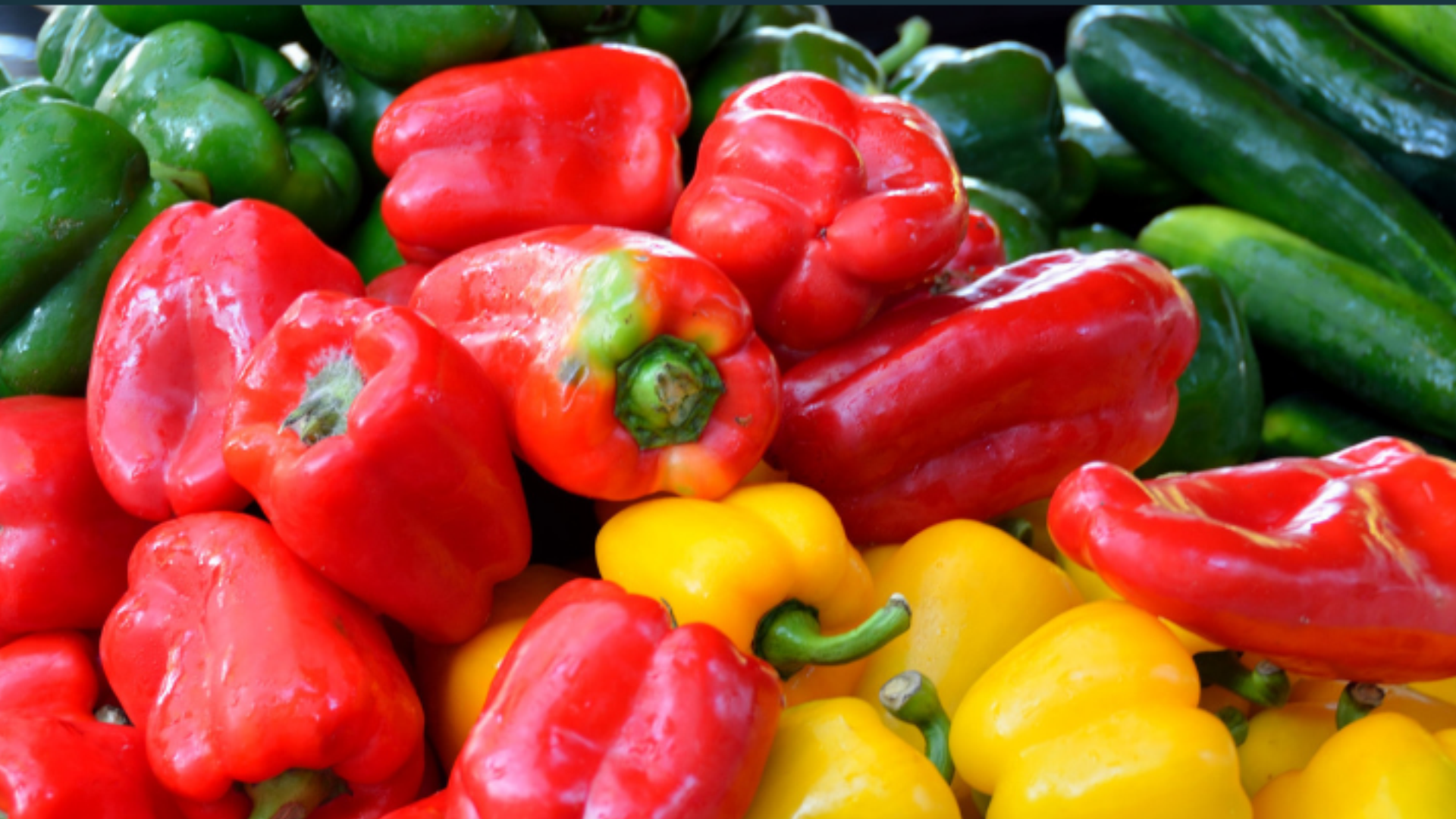The Art of Eating Produce by Season

You may have heard a recommendation to eat seasonally or locally and wondered exactly what that meant or why you should bother. If you've ever purchased fresh produce from a local farmers' market, you may know how much better it can taste. Most of us could probably taste the difference between a ripe tomato just picked from the garden and one plucked from the supermarket in the middle of winter.
But the season makes the difference in terms of budget, taste and nutrition. Read on to learn the art of eating produce by season.
Benefits of Eating by Season
- More delicious: The longer it has been since the produce was harvested, the more taste was impacted.
- Cost less: The longer the distance the fruit or veggie has to travel, the higher the price.
- More nutritious: The longer it has been in storage, the more nutrients are lost.
But how do you know when certain foods or vegetables are in season? It can be hard to tell given that some foods can be grown in greenhouses year-round and others can be kept fresh for quite a while in cold storage. Below are some general suggestions for what fruits and vegetables to look for each month.
January/February: broccoli, Brussels sprouts, cabbage, cauliflower, grapefruit, kale, leeks, lemons, oranges, parsnips, rutabagas, tangelos, tangerines, turnips
March: artichokes, broccoli, Brussels sprouts, cauliflower, leeks, lettuce, mushrooms, parsnips, pineapples, radishes, rutabagas, turnips
April: artichokes, asparagus, broccoli, cauliflower, leeks, lettuce, mushrooms, pineapples, radishes, rhubarb, spring peas
May: apricots, artichokes, asparagus, cherries, lettuce, mangoes, okra, pineapples, radishes, rhubarb, spring peas, strawberries, swiss chard, zucchini
June: apricots, blueberries, cantaloupe, cherries, corn, kiwi, lettuce, mangoes, peaches, strawberries, swiss chard, watermelon, zucchini
July: apricots, blackberries, blueberries, cantaloupe, corn, cucumbers, green beans, kiwi, kohlrabi, lettuce, mangoes, okra, peaches, peppers, plums, raspberries, strawberries, summer squash, swiss chard, tomatoes, watermelon, zucchini
August: acorn squash, apples, apricots, blueberries, butternut squash, cantaloupe, corn, cucumbers, eggplant, figs, green beans, kiwi, kohlrabi, lettuce, mangoes, okra, peaches, peppers, plums, raspberries, strawberries, summer squash, swiss chard, tomatoes, watermelon, winter squash, zucchini
September: acorn squash, apples, beets, butternut squash, cantaloupe, cauliflower, eggplant, figs, grapes, green beans, lettuce, mangoes, mushrooms, okra, peppers, persimmon, pomegranates, pumpkins, spinach, sweet potatoes, swiss chard, tomatoes
October: acorn squash, apples, beets, broccoli, Brussels sprouts, butternut squash, cabbage, cauliflower, cranberries, grapes, leeks, lettuce, mushrooms, parsnips, persimmon, pomegranates, pumpkins, rutabagas, spinach, sweet potatoes, swiss chard, turnips, winter squash
November: beets, broccoli, Brussels sprouts, cabbage, cauliflower, cranberries, leeks, mushrooms, oranges, parsnips, pears, persimmon, pomegranates, pumpkins, rutabagas, spinach, sweet potatoes, tangerines, turnips, winter squash
December: broccoli, Brussels sprouts, cabbage, cauliflower, grapefruit, kale, leeks, mushrooms, oranges, papayas, parsnips, pears, pomegranates, rutabagas, sweet potatoes, tangelos, tangerines, turnips
Keep in mind that if you aren't able to buy seasonal, it's still better to eat any fruits and vegetables rather than none. Although foods not in season lose some nutrition they still contain plenty of important nutrients.
Another choice to consider is buying more frozen or canned produce in the winter months when there are fewer fresh choices. Canned (low sodium) tomatoes in winter are likely going to taste better, be more nutritious and save you money over buying fresh ones. And frozen berries are bursting with nutrition year-round when the small packages of fresh ones in the winter might break your budget. Whenever possible, enjoy the taste of fresh, seasonal produce, and pile your plate with fruits and veggies!
Guest Blogger: Rebecca Aslam, MS, RD, LDN, Clinical Dietitian, UMass Memorial Health - HealthAlliance-Clinton Hospital
Other related articles by:
eating by season | fall produce | nutrition | produce | produce by season | spring produce | summer produce | winter produceNote: The content of this blog is for informational purposes only. It is not intended for use as diagnosis or treatment of a health problem or as a substitute for the professional consultation of a physician or qualified health care provider. If you have specific questions or concerns regarding a health or medical condition, contact your physician or a licensed health care professional.

